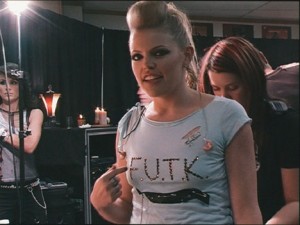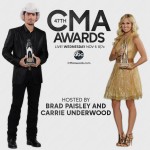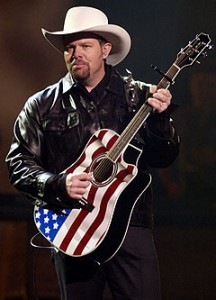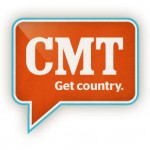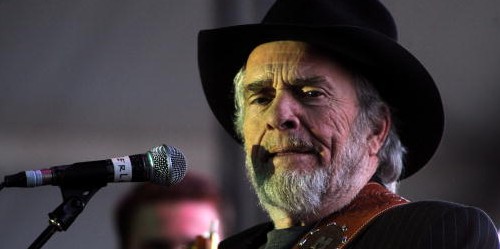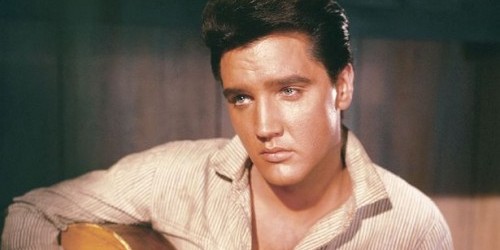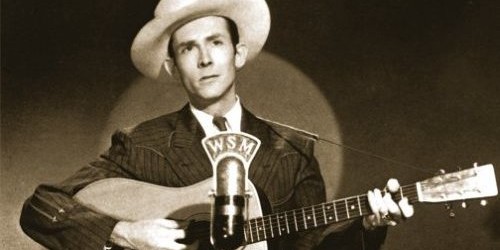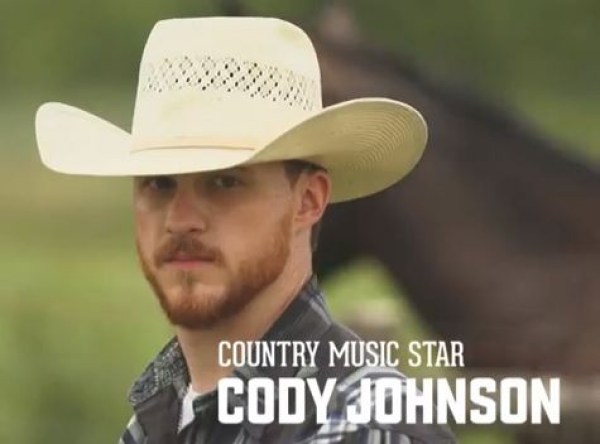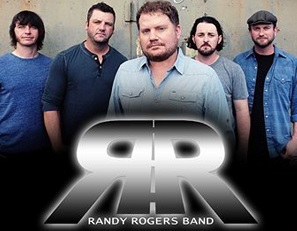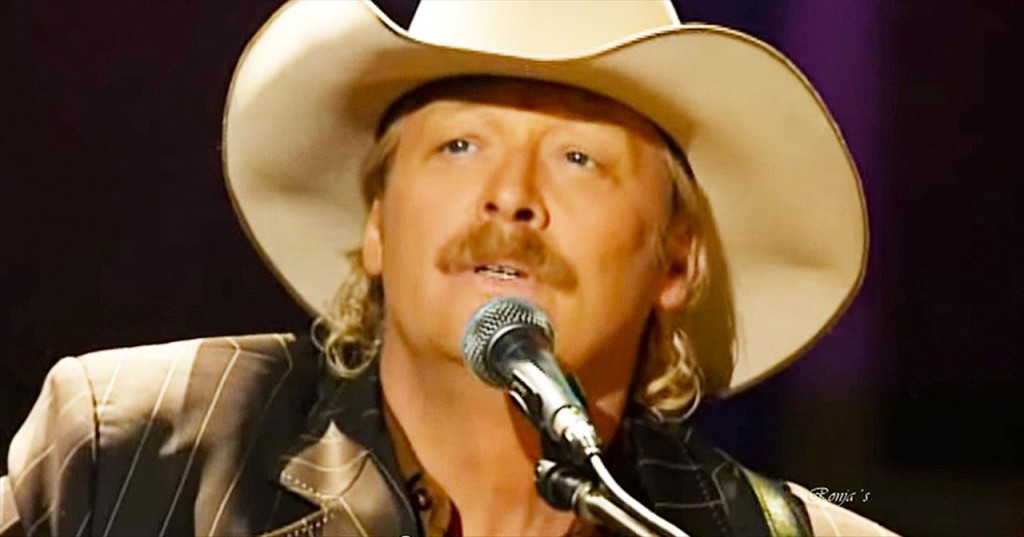 Where were you on the morning of Tuesday, September 11, 2001, when terrorists associated with the al-Qaeda group flew commercial aircraft into the World Trade Center and Pentagon in what became one of the deadliest and costliest attacks on United States soil? This is the question Alan Jackson asks in one of many country songs that appeared in the years just after the attack (“Where Were You [When the World Stopped Turning]”). As Jackson argues, wherever you were, you probably remember how you received the news. You probably remember feeling torn about how you and the United States should respond.
Where were you on the morning of Tuesday, September 11, 2001, when terrorists associated with the al-Qaeda group flew commercial aircraft into the World Trade Center and Pentagon in what became one of the deadliest and costliest attacks on United States soil? This is the question Alan Jackson asks in one of many country songs that appeared in the years just after the attack (“Where Were You [When the World Stopped Turning]”). As Jackson argues, wherever you were, you probably remember how you received the news. You probably remember feeling torn about how you and the United States should respond.
The early 2000s were an exciting time for country music. In the aftermath of the 9/11 attacks, older songs such as Hank Williams, Jr’s “A Country Boy Can Survive” (1982) and Lee Greenwood’s “God Bless the U.S.A.” (1984) returned to radio stations, helping Americans through their grief. Artists such as Jackson, Dolly Parton, and Mary Chapin Carpenter wrote songs about reflection and healing, while others such as Toby Keith and Darryl Worley wrote songs that gave vent to the nation’s anger and called for a violent reckoning.
The Dixie Chicks’ “Travelin’ Soldier” (2002), which relates a simple story about a girl waiting for her boyfriend to come home from Vietnam, gained new resonance as President George W. Bush led the country into wars in Iraq and Afghanistan in order to drive a wedge between al-Qaeda and its political supporters. After the Dixie Chicks’ lead singer, Natalie Maines, criticized the war while performing in London, listeners turned against her, pulling “Travelin’ Soldier” off the radio and essentially ending the band’s short time at the front of the country music industry. Scholars have still not fully assessed the ways that 9/11 and country music interacted in the first decade of this new century—how we learned more about each of them during the process.
In your final projects, you will explore the ways that country music has been used (and continues to be used) to give artists a voice in times of crisis and circumstances of controversy. As the guidelines indicate, you are welcome either to write a new song or compile a list of 8+ already-existing songs that intervene in a present debate. As you undertake this work, I hope you will keep the example of these 9/11 songs in mind. Even country artists who are known for singing about girls, trucks, and booze sometimes take advantage of the rich opportunity the genre provides them to make political statements.
Below, I have linked several songs that (re)appeared after 9/11 and that relate to that topic. Your job in class today is to give three of these songs a close listen and then post a comment identifying some similarities and differences that you notice. Overall, what do you think characterizes songs that responded effectively to the crisis? What lessons, if any, have these examples taught you about writing songs that respond to an issue of intense social importance?
When you have completed this activity, please resume work on your music video. When you have completed the video, export and post it either to YouTube or the class website (using the “media” button). Email Dusty the link to the completed video before class begins next Tuesday, November 25.
Note that the comment you leave today does not count as one of the ten that you are required to make for credit.
“God Bless the U.S.A” (1984) by Lee Greenwood
“America Will Survive” (2001) by Hank Williams, Jr.
http://www.youtube.com/watch?v=fvj6zdWLUuk
“Where Were You (When the World Stopped Turning)” (2001) by Alan Jackson [Read Brittany Fietsam’s song analysis]
“The Angry American (Courtesy of the Red, White, and Blue)” (2002) by Toby Keith [read Will Glass’s post about the song]
“The Rising” (2002) by Bruce Springsteen [Read MaKayla Markey’s song analysis]
http://www.youtube.com/watch?v=vMQWYxPsGqw
“Hello God” (2002) by Dolly Parton
“Travelin’ Solder” (2002) by the Dixie Chicks [read Ramie Payne’s song analysis]
“Have You Forgotten?” (2003) by Darryl Worley
“Grand Central Station” (2004) by Mary Chapin Carpenter

